The content stated in the draft new Decree related to disciplining cadres, civil servants and public employees is being consulted. The reason is to synchronize with the draft Law on Cadres and Civil Servants (amended) being considered by the National Assembly , which no longer stipulates these two forms.
According to current regulations, civil servants who do not hold leadership positions can be disciplined in four ways: reprimand, warning, salary reduction, and forced resignation. Civil servants in leadership and management positions can also be demoted and dismissed.
A demoted person will not be allowed to plan, appoint, train, or be promoted for 24 months; a person whose salary is reduced will be similarly restricted for 12 months. However, the new draft only retains four common forms of discipline: reprimand, warning, dismissal (applicable to leading civil servants), and forced resignation.
Civil servants working at the Da Nang City Administrative Center, May 2025. Photo: Nguyen Dong
The draft also lists cases of temporary suspension of discipline, including people on leave, receiving treatment for serious illness, inpatient illness, pregnant women, on maternity leave, raising children under 12 months old, or being prosecuted, detained, or imprisoned pending a conclusion.
The principle of handling is that each violation is only handled once with one form of discipline. If there are multiple violations at the same time, the highest form of discipline will be applied. If the violation continues while being enforced, the form of discipline will be increased accordingly.
Disciplinary considerations must be based on the motive, nature, extent, consequences, causes and specific circumstances. Administrative discipline does not replace administrative sanctions, Party discipline or criminal prosecution if there are signs of crime.
In addition, the draft adds two cases of exemption from discipline. One is a person who has fully implemented the procedures and regulations, and is not self-serving when performing his/her duties, but the damage occurred due to objective factors and risks. The other case is a person who has proposed innovation and creativity that has been permitted by competent authorities, has followed the policy, has a pure motive, and is for the common good, but leads to damage.
The drafting agency explained that the addition aims to institutionalize the Politburo 's Resolution on encouraging and protecting cadres who dare to think, dare to do, and dare to take responsibility for the common good.
Source: https://baohatinh.vn/de-xuat-bo-hinh-thuc-giang-chuc-va-ha-bac-luong-voi-cong-chuc-post289180.html


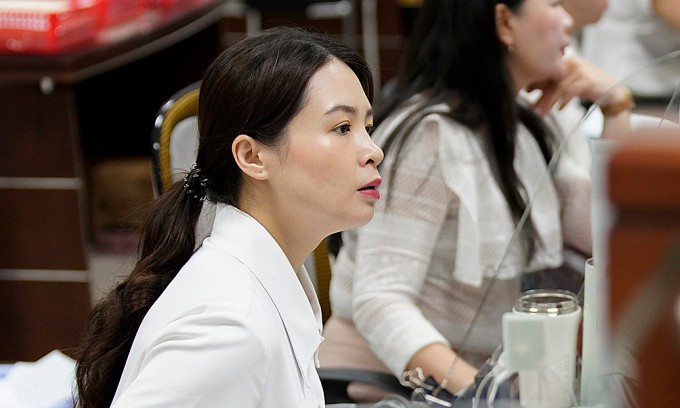






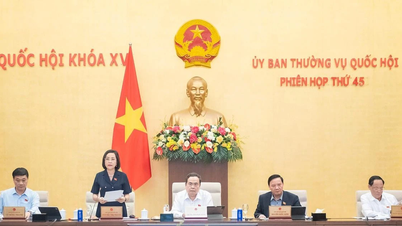

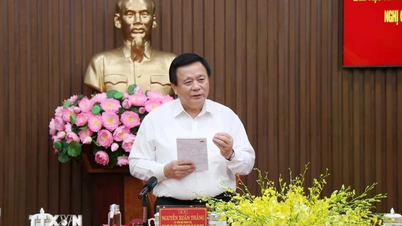



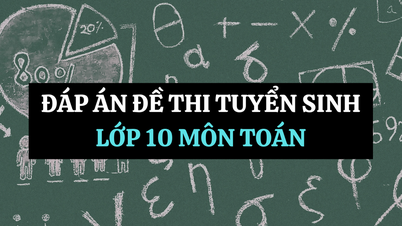










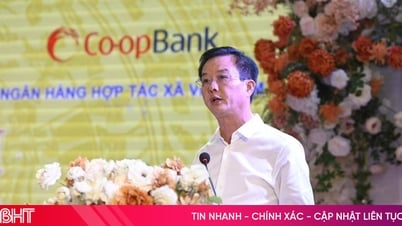

































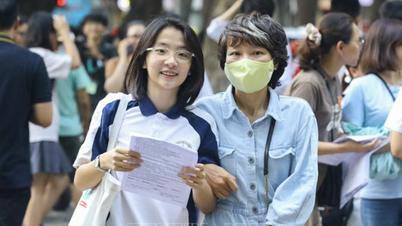
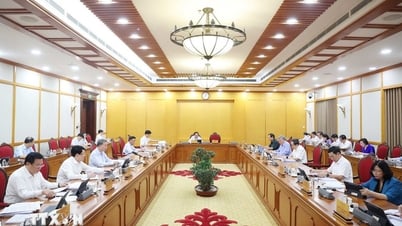

























![[OCOP REVIEW] Tu Duyen Syrup - The essence of herbs from the mountains and forests of Nhu Thanh](https://vphoto.vietnam.vn/thumb/402x226/vietnam/resource/IMAGE/2025/6/5/58ca32fce4ec44039e444fbfae7e75ec)






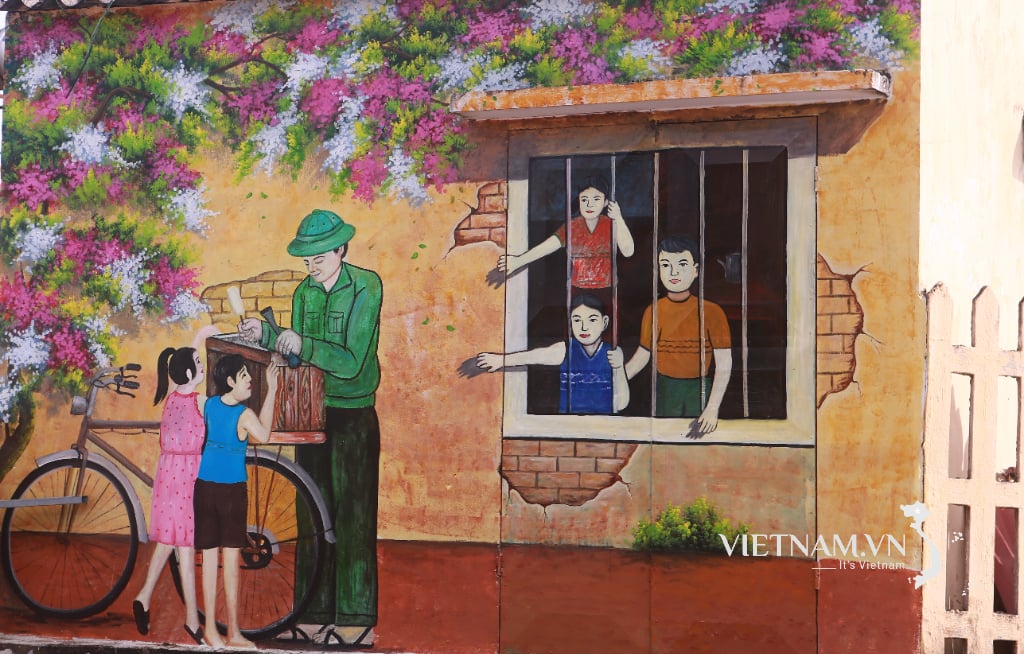
Comment (0)